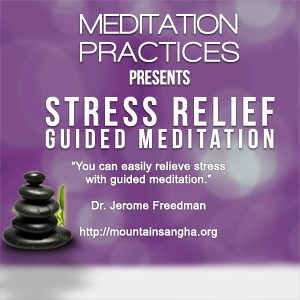Managing stress is a difficult problem for most people.
They either succumb to it and panic (like I did on my Ph. D. orals at the University of Chicago) or they use it as a trigger to harness their full capacity to conquer their situation (like I did when I first got cancer in 1997).
So, different situations bring on different reactions to stress and you can follow this advice from Barbara Oakley in her book, A Mind for Numbers.
“If you’re a stressed-out test taker, keep in mind that the body puts out chemicals, such as cortisol, when it is under stress. This can cause sweaty palms, a racing heart, and a knot in the pit of your stomach. But interestingly, research finds that it’s how you interpret those symptoms—the story you tell yourself about why you are stressed—that makes the difference. If you shift your thinking from ‘this test has made me afraid’ to ‘this test has got me excited to do my best!’ it can make a significant improvement in your performance.
Another good tip for panicky test takers is to momentarily turn your attention to your breathing. Relax your stomach, place your hand on it, and slowly draw a deep breath. Your hand should move out, even as your whole chest is moving outward like an expanding barrel.
By doing this type of deep breathing, you are sending oxygen to critical areas of your brain. This signals that all is well and helps you calm down. But don’t just start this breathing on the day of the test. If you have practiced this breathing technique in the weeks before—just a minute or two here and there is all it takes—you will slide more easily into the breathing pattern during the test. (Remember, practice makes permanent!)”
—Barbara Oakley, Ph.D. from A Mind for Numbers
I know that this book is not so relevant to our meditation practices except for the advice she give to “turn your attention to your breathing.”
Another way to reduce your stress is to try my Stress Relief Guided Meditation:












